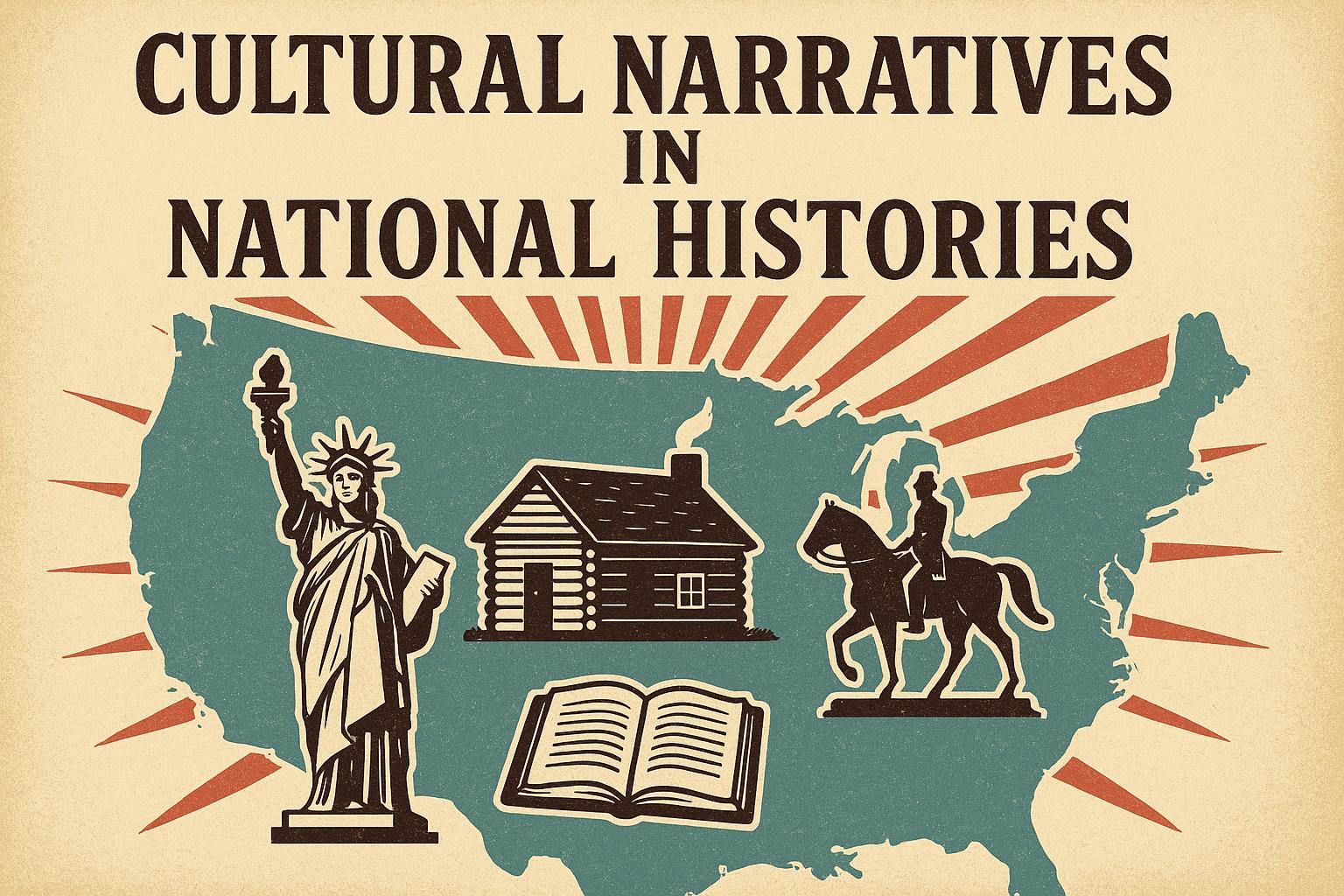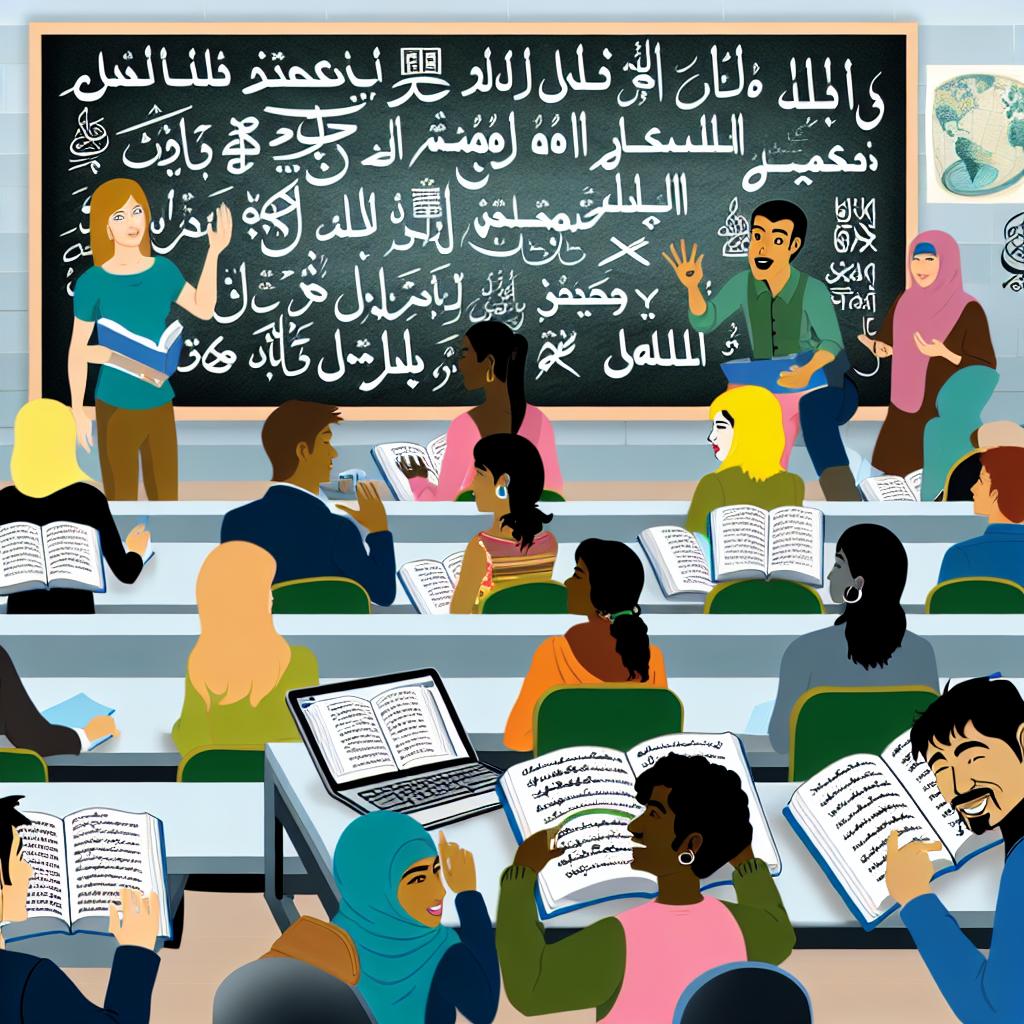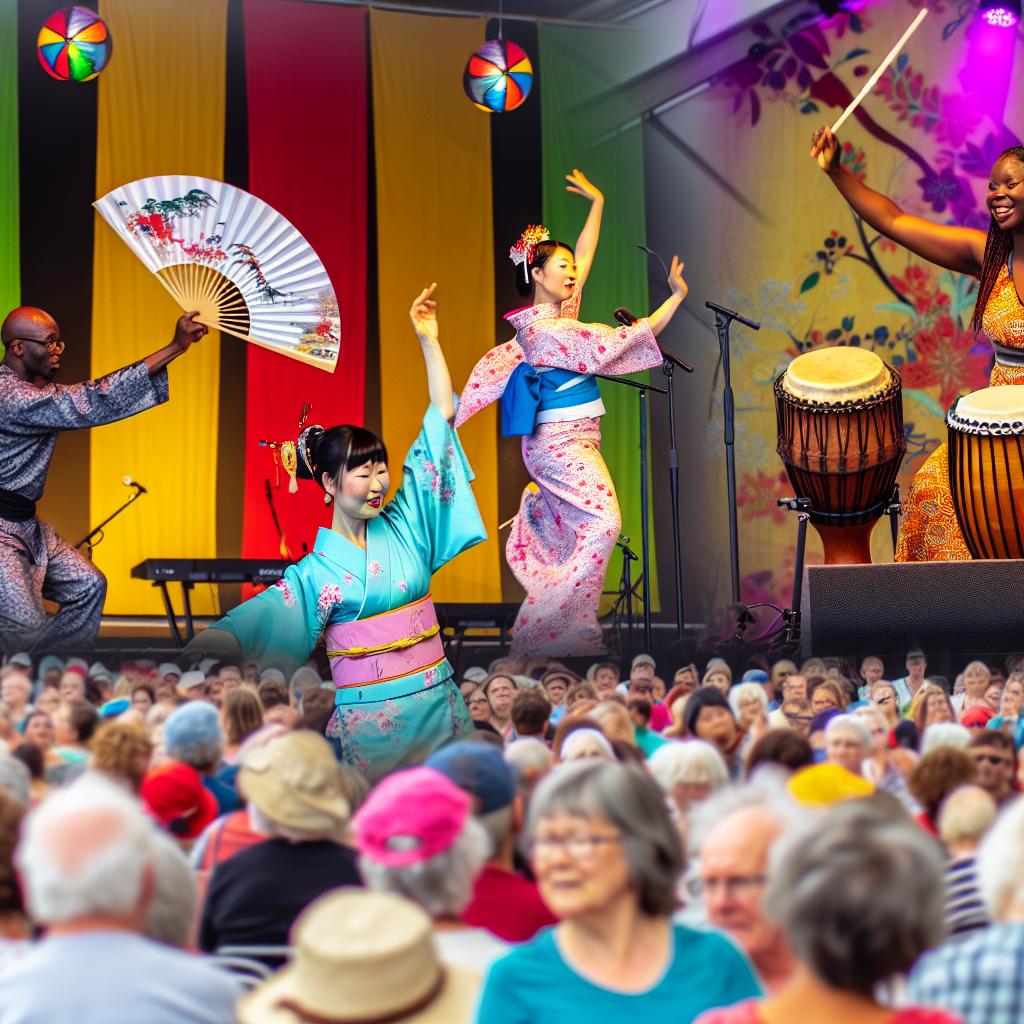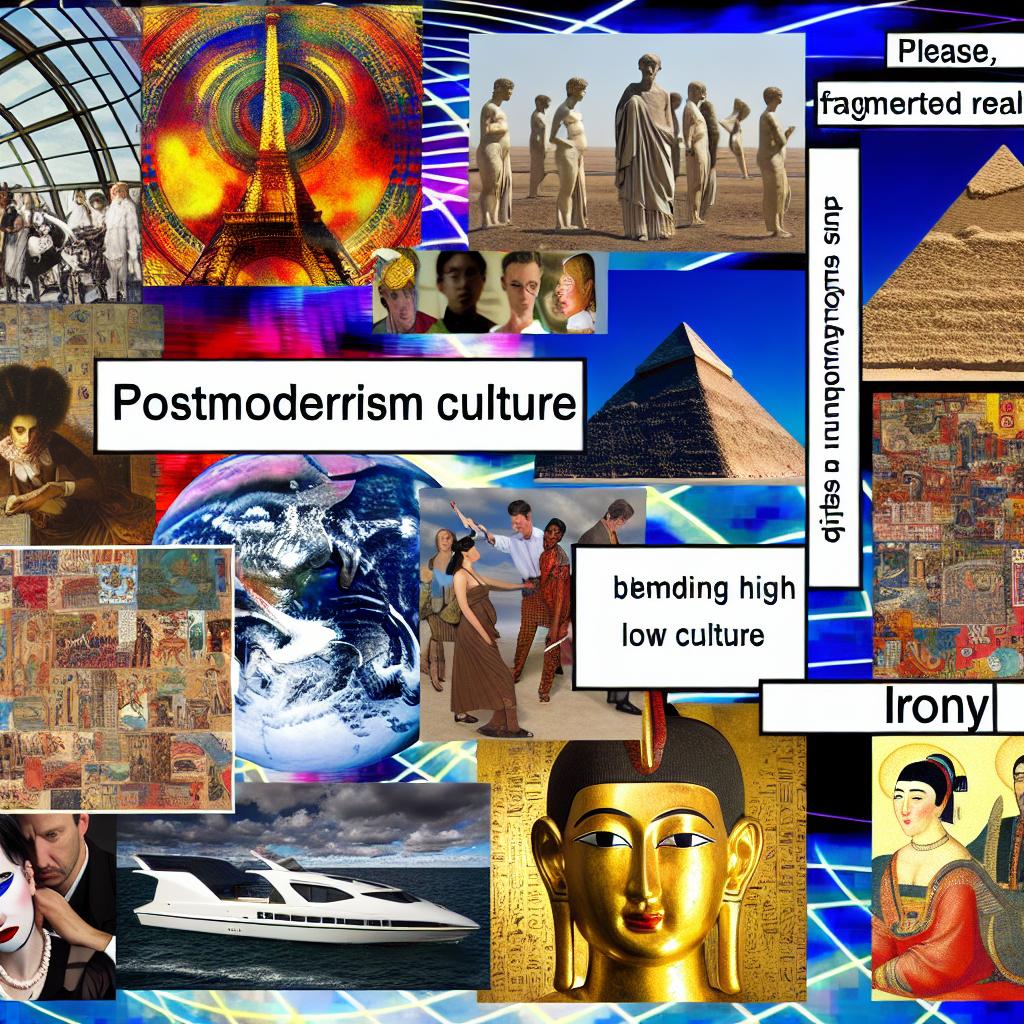Cultural Narratives and Their Role in Shaping National Histories
The concept of cultural narratives significantly influences how nations construct and understand their histories. These narratives serve as an interpretative framework through which a nation’s past is relayed. The intertwining of culture and history creates a tapestry that not only recounts events but also provides insights into a nation’s values and beliefs, thus playing a fundamental role in shaping the collective consciousness of its people.
Defining Cultural Narratives
Cultural narratives are the stories a nation tells about itself. These encompass everything from foundational myths to legendary heroes and pivotal events that serve to mold a country’s collective identity. Such narratives are imbued with cultural significance and often aimed at conveying a sense of unity and continuity among citizens. The importance of these narratives lies in their ability to define who belongs to the nation, creating a societal framework that establishes norms and values considered essential to the national identity.
The narratives go beyond simple storytelling; they are deeply embedded within the culture, providing a lens through which citizens understand their place within the larger national context. This framework encourages a collective memory that prioritizes certain events and figures, which are celebrated as epitomes of the nation’s core values.
The Power of Myths and Legends
Myths and legends occupy a prominent place within national histories, often cherished as an inspirational model for citizens. These stories emphasize virtues such as bravery, sacrifice, and resilience—qualities that many nations hold in high regard. For instance, the tales of King Arthur in Britain or the heroic stories of Joan of Arc in France serve to embellish the national tapestry, embedding key values within the fabric of public consciousness.
Although these stories are not always strictly factual, they embody the spirit of the nation and profoundly influence how historical events are perceived. Through them, nations express aspirational ideals, using narrative as a medium to unify the populace under a shared banner of historical legacy.
The Role of Foundational Myths
Foundational myths, in particular, hold significant sway as cultural narratives that provide explanations for the origins of a nation. Often containing elements of truth, these myths are enriched with symbolic or allegorical content to emphasize cultural ideals. Take, for instance, the foundation myth of Rome involving Romulus and Remus—this story underscores themes of strength and destiny, portraying Rome as preordained for grandeur.
Such myths do more than just chronicle beginnings; they endow nations with a distinct identity and contribute to a contiguous historical narrative. These stories, repeated across generations, fortify the national ethos and perpetuate cultural continuity over time.
Influencing Historical Perception
Cultural narratives heavily influence the way history is understood and interpreted. By guiding the selection of events deemed worthy of entry into the historical canon, these narratives emphasize triumphs while sometimes omitting or downplaying contentious or problematic episodes. This selective recollection shapes historical narratives that prioritize achievements and unity, often glossing over periods marked by strife or controversy.
Through this lens, history becomes not only a recounting of past events but also a story crafted to serve present-day purposes, whether social, cultural, or political. This perspective resonates through institutional platforms and disseminates throughout the society, reinforcing the values embedded within the national identity.
Rewriting and Reinterpreting Narratives
National histories are not static; they evolve as cultural and political landscapes shift. New narratives can emerge to reflect contemporary values or to correct previous biases inherent in historical accounts. Post-colonial societies, for instance, often engage in the rewriting of narratives to address past omissions and reaffirm their cultural heritage.
This reinterpretation can be seen in numerous examples worldwide, where traditional narratives are revisited, offering new insights or perspectives that may have been previously marginalized. Such endeavors provide opportunities for nations to recalibrate their historical narratives, ensuring they remain inclusive and reflective of the diverse components of modern societies.
The Role of Education
Education plays a pivotal role in the dissemination and perpetuation of cultural narratives. In schools, curricula incorporate these narratives extensively, ensuring citizens are exposed to and aligned with a shared national history. The education system thus acts as a vehicle that perpetuates the cultural narratives that underpin national identity.
Through textbooks, classroom discussions, and commemorative events, students learn not only about the factual events of the past but also about the values, norms, and ideals embedded in their cultural narratives. This educational emphasis fosters a sense of belonging and identity among young citizens, connecting them to their historical lineage.
Balancing Narratives and Historical Accuracy
While cultural narratives are essential for fostering national unity and identity, it is imperative to balance narrative with historical accuracy. A critical examination of past events, the recognition of multiple perspectives, and the acknowledgment of historical complexities are vital aspects in crafting a balanced and inclusive national history.
Maintaining this balance ensures that history is not merely a selection of convenient truths but a comprehensive analysis that includes varied voices and experiences. By incorporating a wide array of perspectives, nations can develop a more nuanced understanding of their past, enriching the national narrative and fostering a more empathetic and informed citizenship.
Ultimately, cultural narratives are a powerful tool in shaping national histories and identities. They provide context and meaning to the past, influencing the way nations view themselves and their place in the world. By highlighting shared values and ideals through these narratives, societies can build strong national identities that resonate with citizens and inspire future generations.



